Where Do Aromatherapy Work
Curious about the world of aromatherapy oils work and how it can benefit your mind and body?
Aromatherapy has a wide range of benefits, from reducing stress and anxiety to improving sleep quality.
We will explore the basics of aromatherapy, including essential oils, extraction methods, and the various ways you can use aromatherapy in your daily life.
Sit back, relax, and let’s dive into the world of aromatherapy together.
Key Takeaways:
What Is Aromatherapy?
Aromatherapy is a holistic healing treatment that uses natural plant extracts, known as essential oils, to promote health and well-being. The Cleveland Clinic recommends aromatherapy as a complementary and alternative medicine (CAM) approach to enhance overall health.
Essential oils are the essence extracted from various plants, each with its own unique properties and benefits. When these oils are inhaled or applied to the skin, they can have a profound effect on the body and mind, influencing mood, relaxation, and overall wellness.
The practice of aromatherapy dates back centuries, with roots in ancient civilizations such as Egypt, Greece, and China. Today, it is widely used in spa treatments, massage therapy, and even in homes for its therapeutic effects.
How Does Aromatherapy Work?
Aromatherapy works by stimulating the limbic system in the brain, which is responsible for regulating emotions and memories. Essential oils interact with the nervous system, affecting hormones and body functions to improve mood and emotional well-being.
When essential oils are inhaled or applied to the skin during aromatherapy, they trigger responses in the limbic system that can influence heart rate, blood pressure, breathing, and stress levels.
Furthermore, the scent molecules from the oils can directly impact the production of neurotransmitters like serotonin and dopamine, leading to feelings of relaxation, happiness, or alertness based on the specific oil used.
What Are Essential Oils?
Essential oils are concentrated plant extracts containing aromatic molecules that are derived from various parts of plants, such as flowers, leaves, and roots. These oils capture the essence and fragrance of the plant they are extracted from.
Many people utilize essential oils for their therapeutic properties, as these natural substances can have a range of benefits for both the body and mind. The extraction process of essential oils can vary depending on the plant source; it often involves methods such as steam distillation, cold pressing, or solvent extraction. Each extraction method plays a crucial role in preserving the volatile aromatic compounds found within the plant material, ensuring that the oil retains its potent scent and therapeutic properties.
How Are Essential Oils Extracted?
Essential oils are extracted through various techniques such as distillation, cold pressing, or solvent extraction. These oils are often diluted with carrier oils to reduce potency and ensure safe application on the skin.
Carrier oils play a crucial role in aromatherapy as they help in dispersing the concentrated essential oils and prevent skin irritation. Popular carrier oils include jojoba, coconut, almond, and olive oil, each offering unique benefits and properties.
Before applying essential oils topically, it is essential to perform a patch test to check for any allergic reactions. The dilution ratio varies depending on the essential oil and individual sensitivity levels, generally ranging from 1-3% for regular use. Learn more about what aromatherapy is used for.
Massaging diluted essential oils onto the skin is a common application method, promoting absorption and efficacy.
What Are The Benefits Of Aromatherapy?
Aromatherapy offers numerous benefits, including reducing stress and anxiety, improving skin health, and aiding in relaxation. Research has shown the positive impact of aromatherapy in managing anxiety disorders and alleviating symptoms of chronic diseases.
One of the remarkable aspects of aromatherapy is its ability to trigger positive responses in the brain, releasing feel-good hormones like serotonin and endorphins. This not only helps in combating feelings of anxiety but also contributes to overall mental well-being.
The use of essential oils in aromatherapy locations can work wonders for your skin. Whether it’s dealing with acne, dryness, or signs of aging, there are specific oils like lavender, tea tree, or rosehip that can address various skincare concerns effectively.
Creating a soothing ambiance through aromatherapy can be a powerful tool for relaxation. Whether you prefer a revitalizing citrus scent or a calming lavender aroma, incorporating these fragrances into your daily routine can significantly reduce stress levels and promote a sense of calmness.
Reduces Stress And Anxiety
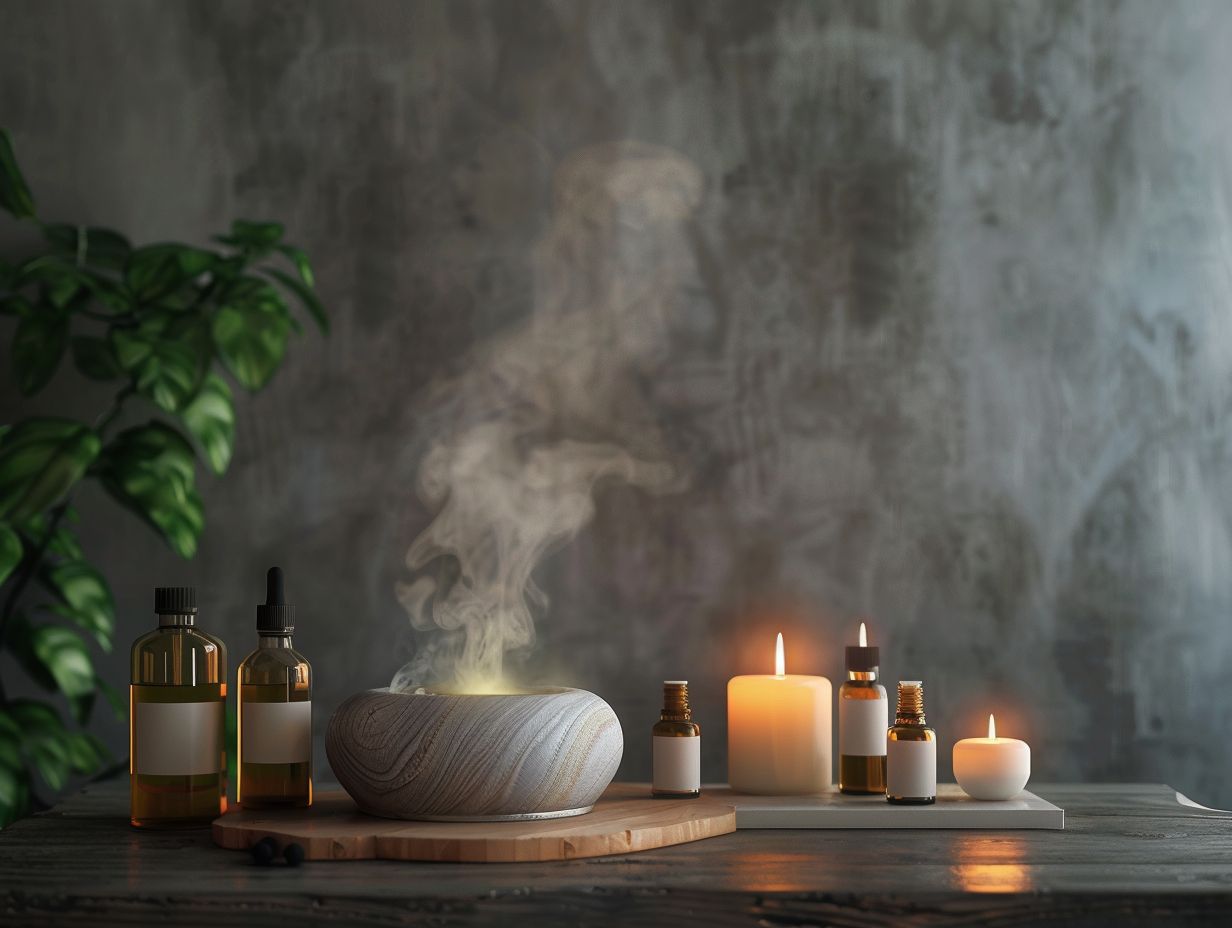
Aromatherapy is known for its ability to reduce stress and anxiety by engaging with the nervous system through the inhalation or topical application of essential oils. The calming scents can promote relaxation and emotional balance.
This therapeutic practice traces its roots back to ancient civilizations, where aromatic plants were used for their healing properties. When inhaled, essential oils stimulate the olfactory system, sending signals to the brain that can positively impact mood and emotions. Studies have shown that certain essential oils like lavender and chamomile can lower cortisol levels, the stress hormone, leading to a sense of calmness and tranquility.
Improves Sleep Quality
Aromatherapy can improve sleep quality by creating a calming environment that enhances mood and promotes relaxation. Certain essential oils help in regulating emotions, leading to better sleep patterns and restful nights.
One of the key aspects of aromatherapy is its ability to positively impact the limbic system, which plays a crucial role in regulating emotions and responses to stress. By inhaling the scents of essential oils such as lavender or chamomile, individuals can experience a sense of tranquility, reducing feelings of anxiety or agitation that may hinder falling asleep.
Essential oils like bergamot and ylang-ylang possess natural sedative properties that can induce a state of relaxation, making it easier to drift off into a deep, restorative slumber. The olfactory system, closely linked to the brain’s emotional center, responds to these scents, triggering a cascade of calming neurotransmitters that pave the way for a peaceful night’s rest.
Boosts Mood And Energy
Aromatherapy is effective in boosting mood and energy levels through its impact on the limbic system and brain chemistry. Certain essential oils can uplift spirits, increase alertness, and promote a sense of well-being.
The limbic system, often referred to as the ’emotional brain,’ plays a crucial role in regulating emotions, memories, and overall mood. When inhaling essential oils, the aromatic compounds interact with the limbic system, triggering the release of neurotransmitters such as serotonin and dopamine, which are known to elevate mood and create a feeling of happiness.
Relieves Pain And Inflammation
Aromatherapy has analgesic properties that help in relieving pain and reducing inflammation, making it beneficial for individuals suffering from chronic diseases like arthritis. Essential oils can provide natural pain relief without the use of harsh chemicals.
Aromatherapy, through the use of essential oils, offers a holistic approach to managing pain and inflammation in chronic conditions. The therapeutic benefits of aromatherapy can be attributed to the unique chemical compositions of various essential oils, such as lavender, peppermint, and eucalyptus. These oils possess anti-inflammatory and analgesic properties that help alleviate discomfort and promote relaxation.
When inhaled or applied topically, essential oils can stimulate the release of endorphins, which are the body’s natural painkillers, providing immediate relief. The calming scents of essential oils can help reduce stress and anxiety, which are often exacerbated in individuals with chronic pain.
How To Use Aromatherapy?
Aromatherapy can be utilized through various methods such as inhalation, topical application, or aromatherapy massage. Each technique offers unique benefits and applications for essential oils.
-
Inhalation is a common method where the oils are diffused into the air, allowing you to breathe in the aromatic molecules, offering benefits like stress relief and improved focus.
-
Topical application involves applying diluted essential oils directly on the skin, providing localized relief for issues like muscle tension, skin conditions, or headaches.
-
Aromatherapy massage combines the benefits of essential oils with the therapeutic power of touch, promoting relaxation, easing muscle pain, and enhancing emotional well-being.
Inhalation
Inhalation is a popular method of using aromatherapy, as it allows for the rapid absorption of essential oil molecules through the sense of smell. This direct pathway can influence mood and emotions effectively.
When essential oils are inhaled, the olfactory system plays a key role in transmitting signals to the brain. The olfactory nerve receptors in the nose detect the aroma molecules, sending messages to the limbic system, the area of the brain associated with emotions and memories. This direct connection between smell and emotions can trigger various responses, such as relaxation, stress relief, or invigoration.
Topical Application
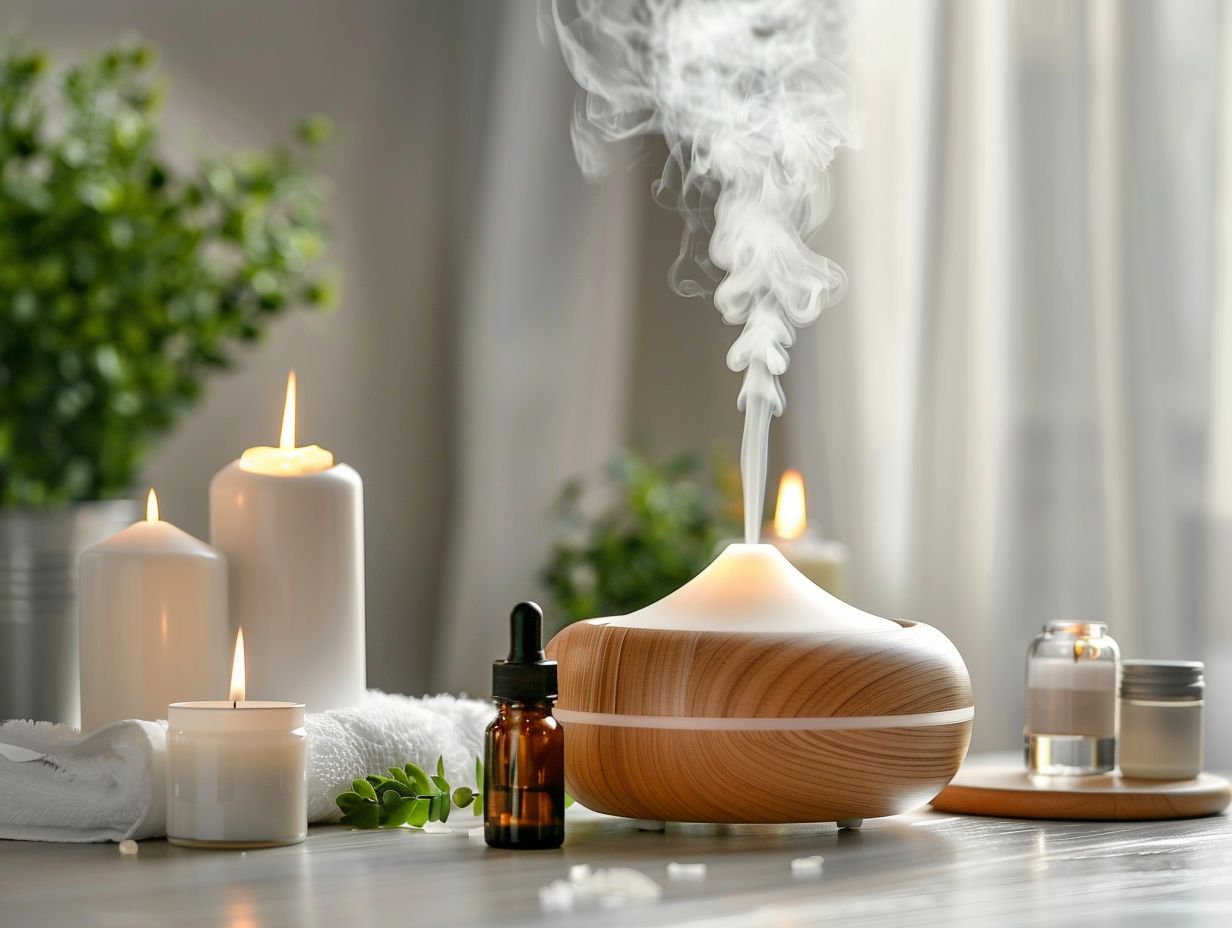
Topical application involves applying essential oils directly to the skin, allowing for absorption and penetration into the bloodstream. This method is commonly used in skincare routines to promote skin health and improve blood circulation.
When essential oils are applied topically, they can directly benefit the skin due to their small molecular size that enables deep penetration. As these oils are absorbed, they enter the bloodstream, allowing aromatherapy effects on body throughout the body.
The topical application of essential oils can have a profound impact on skincare by addressing specific concerns such as acne, aging, or dryness. By incorporating these oils into your daily routine, you can enhance the overall health and appearance of your skin.
Aromatherapy Massage
Aromatherapy massage combines the benefits of essential oils with the therapeutic touch of massage, promoting relaxation and targeting specific muscle groups. This technique enhances the overall well-being of individuals.
When essential oils are used in an aromatherapy massage, they not only create a soothing ambiance but also deliver various health benefits. The gentle pressure applied during the massage helps in improving blood circulation, releasing tension, and easing muscle stiffness. By stimulating the olfactory senses and skin receptors, aromatherapy massage can alleviate stress and anxiety while rejuvenating the body and mind.
Where Can Aromatherapy Be Used?
Aromatherapy can be enjoyed in various settings, including at home, workplaces, healthcare facilities, spa and wellness centers, and through beauty and skincare products. These diverse applications cater to different preferences and needs.
At home, individuals can create a relaxing ambiance with essential oils diffused through diffusers or placed in bath oils for a soothing spa-like experience.
Workplaces often use diffusers to enhance focus and productivity, while healthcare facilities harness the power of aromatherapy for its potential therapeutic benefits.
In spa and wellness centers, guests can indulge in aromatherapy effects massages and treatments tailored to promote relaxation and stress relief.
Beauty and skincare products such as essential oils, creams, and lotions incorporate aromatherapy to offer natural and fragrant benefits for the skin.
At Home
Aromatherapy at home offers a convenient way to create a relaxing ambiance and promote overall well-being. Diffusing essential oils or using them in baths can enhance the living environment and personal wellness.
Essential oils have been used for centuries for their therapeutic benefits, such as reducing stress, improving sleep quality, and boosting mood. By incorporating aromatherapy into your daily routine, you can experience a range of positive effects on both your physical and mental health. The gentle scents of oils like lavender, peppermint, and eucalyptus can help calm the mind and alleviate tension, making it easier to unwind after a long day.
In The Workplace
Aromatherapy in the workplace can help reduce stress levels and increase productivity. Using essential oils discreetly or through air diffusion can create a more positive and energizing work environment.
Studies have shown that certain scents like lavender, peppermint, and citrus can have a calming effect on employees, leading to lower stress levels and increased focus.
Aromatherapy can also boost creativity and motivation among staff members, resulting in improved overall performance. The pleasant fragrance can create a welcoming ambiance, making the workplace a more enjoyable place to be. Incorporating aromatherapy techniques into daily routines can lead to a harmonious and refreshed atmosphere in the office.
In Healthcare Settings
Aromatherapy is increasingly used in healthcare settings to evoke positive emotional responses and support patient well-being. Healthcare providers incorporate essential oil blends to enhance the therapeutic environment.
Research has shown that certain essential oils can have calming effects, reducing anxiety and promoting relaxation in patients. Aromatherapy has also been found to improve mood and alleviate symptoms of depression in some individuals.
Healthcare providers play a crucial role in the integration of aromatherapy, carefully selecting appropriate oils and administering them in safe doses to ensure maximum benefits for patients. Learn how fast aromatherapy works.
The use of aromatherapy in healthcare settings extends beyond its calming effects, with some oils exhibiting anti-inflammatory and antimicrobial properties that can aid in the healing process.
In Spa And Wellness Centers
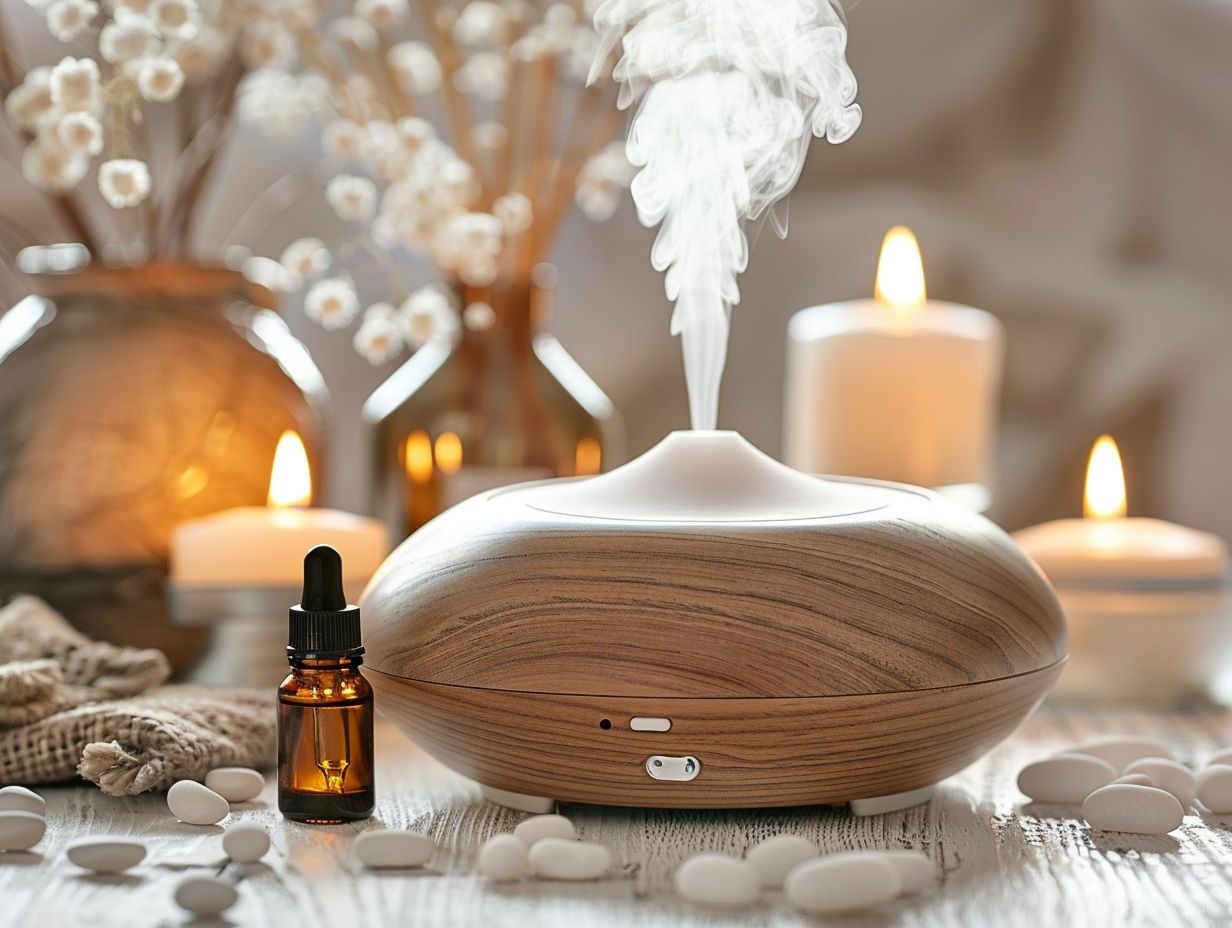
Aromatherapy is a common feature in spa and wellness centers, where it is used to promote relaxation and rejuvenation. Blends of essential oils are applied during treatments to enhance the overall spa experience.
The use of aromatherapy in spas goes beyond just creating a pleasant scent; it has therapeutic effects that contribute to the holistic well-being of clients. Different essential oil blends such as lavender for calming, peppermint for invigoration, or citrus for uplifting are carefully selected to cater to specific needs and preferences. These aromatic scents not only relax the senses but also have the power to evoke emotions and memories, creating a multi-sensory experience in the tranquil spa environment.
In Beauty And Skincare Products
Aromatherapy is utilized in beauty and skincare products for its anti-aging properties, antioxidant benefits, and ability to protect against cell damage. These products harness the power of essential oils for skin health and rejuvenation.
The use of aromatherapy benefits in skincare has gained popularity due to its natural and holistic approach to combating the signs of aging. Essential oils such as lavender, rosehip, and frankincense are known for their anti-inflammatory properties, which can help reduce redness and irritation on the skin. These oils are rich in antioxidants, which work to neutralize free radicals, preventing oxidative stress and promoting healthy cell turnover.
Frequently Asked Questions
Where do aromatherapy work?
Aromatherapy can work in a variety of settings, including homes, spas, hospitals, and even offices.
Can I use aromatherapy at home?
Yes, aromatherapy can easily be incorporated into your daily routine at home through the use of essential oils in diffusers, bath products, or as massage oils.
Do hospitals use aromatherapy?
Yes, many hospitals have started incorporating aromatherapy into their treatment plans as a complementary therapy for various conditions.
Which types of spas offer aromatherapy?
Aromatherapy can be found in a variety of spas, including traditional spas, wellness spas, and even some beauty spas.
Can aromatherapy be used in an office setting?
Yes, aromatherapy can be used in the workplace to help improve focus, reduce stress, and create a more calming and productive environment.
Are there any risks associated with aromatherapy in certain settings?
While aromatherapy is generally considered safe, it is important to use caution when using essential oils in certain settings such as around children, pregnant women, or individuals with certain medical conditions. It is always best to consult a professional before using aromatherapy in these situations.

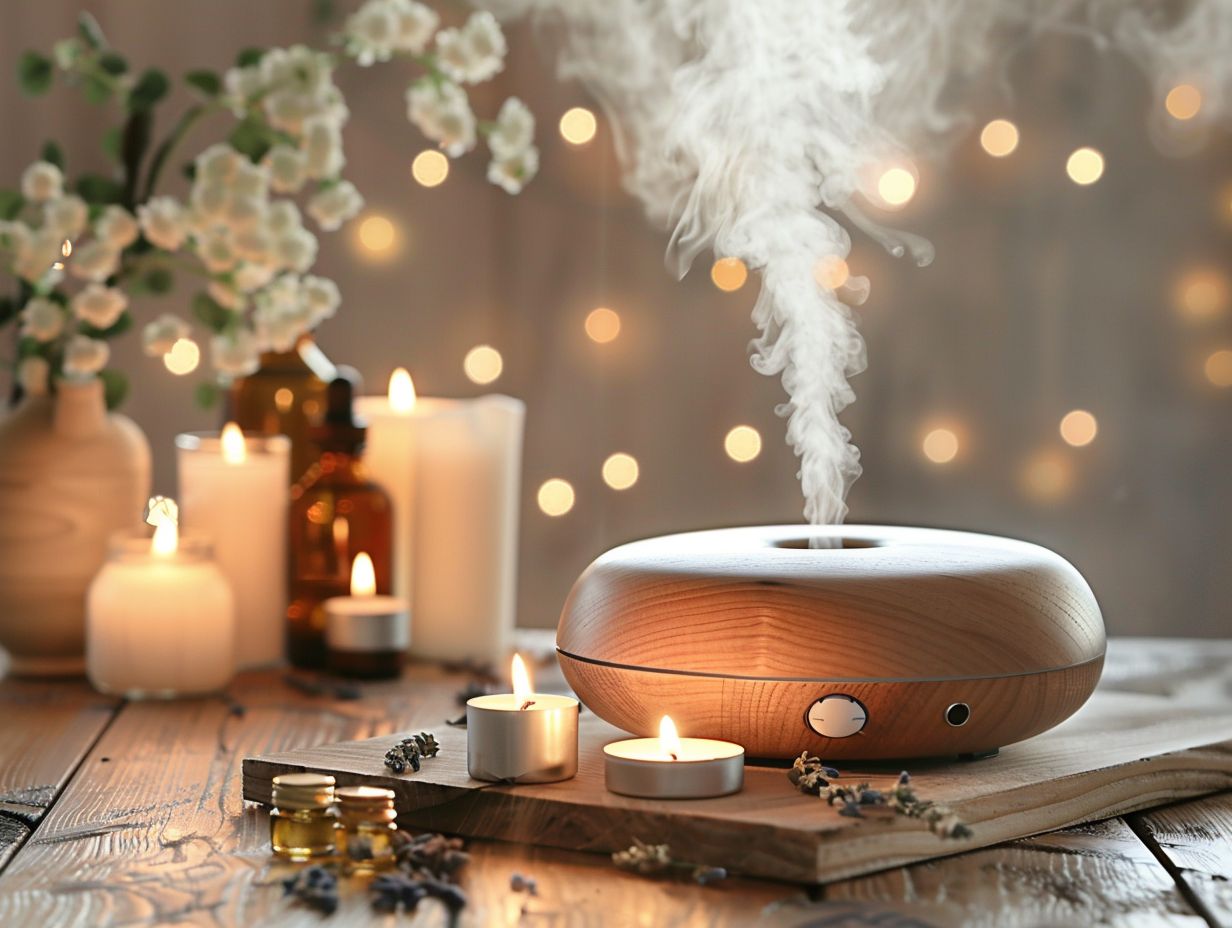
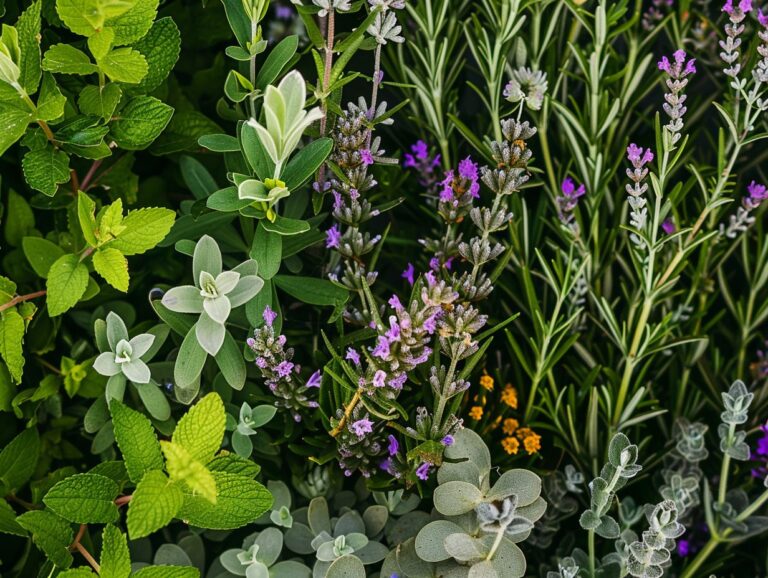
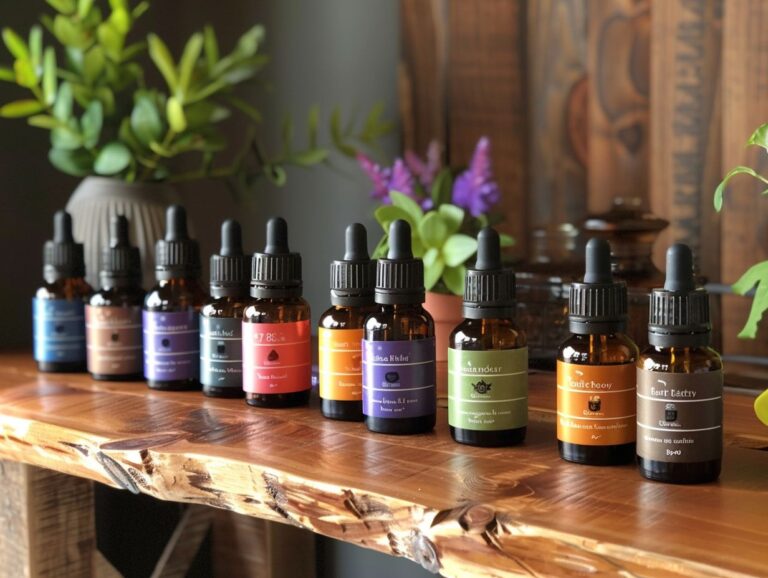
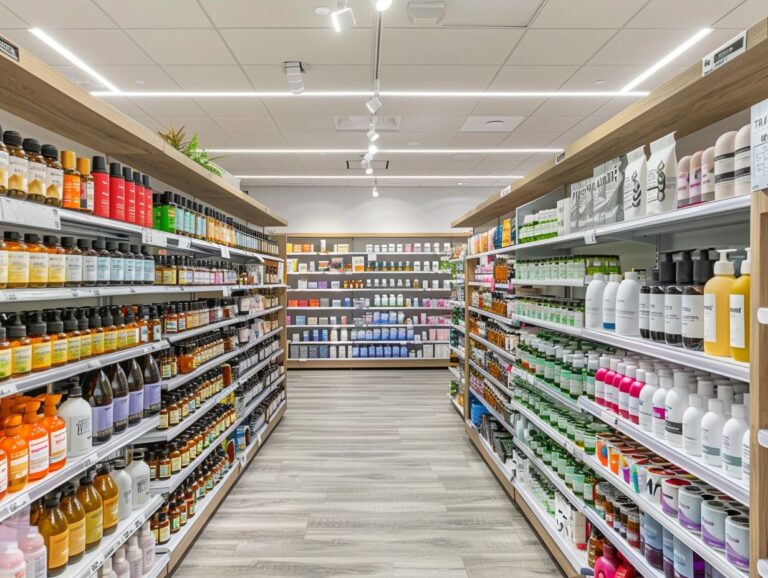
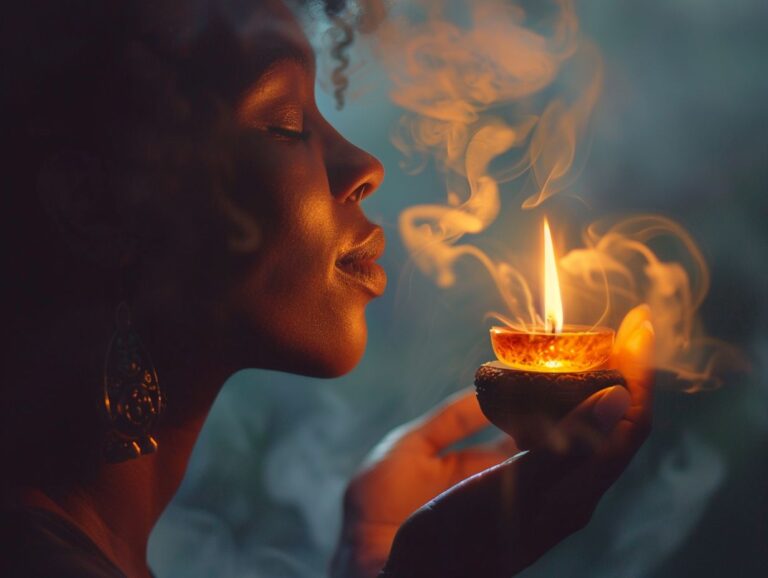
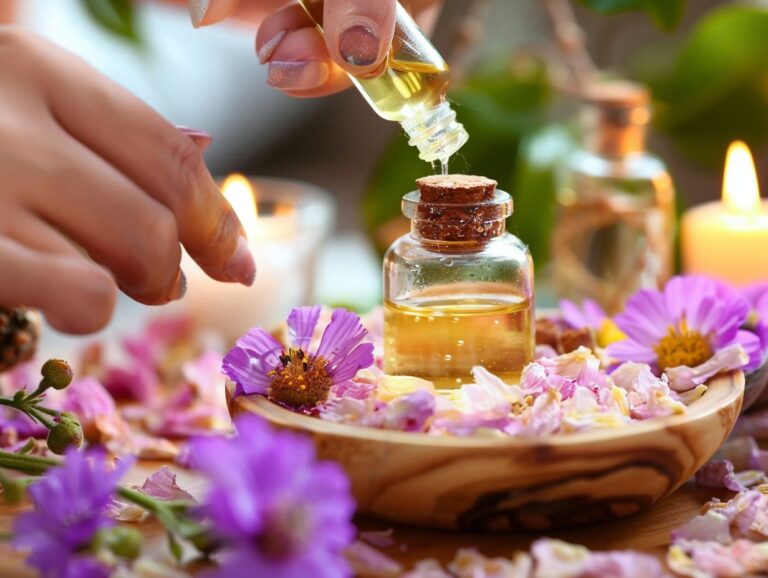
7 Comments